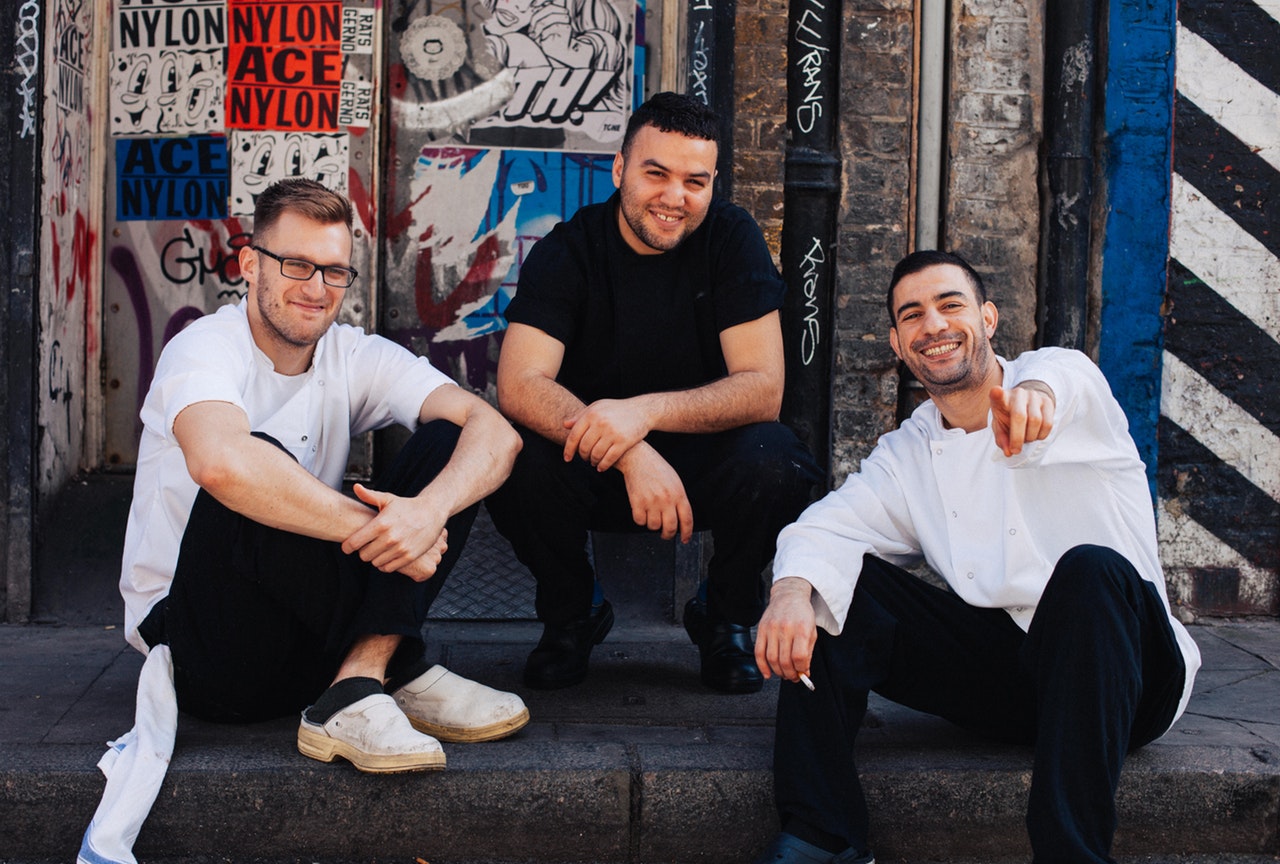3 Ways to Learn French Slang Phrases

If you're reading this article, your goal is probably not to sound gross but rather to speak more like native speakers, who often use different words and colloquial forms that only they seem to know.
There are tons of articles on the web about French slang words and phrases. In this article, however, I will stand by the dictum : "Give a Man a Fish, and You Feed Him for a Day. Teach a Man To Fish, and You Feed Him for a Lifetime". In other words, instead of coming up with a neatly packaged list of French slang phrases, I will provide you with the tools necessary to learn them on your own. The reason for this is that you're not likely to remember what you read out of context - that is why a simple list would not do.

Please notice that what is meant by slang here can be inappropriate language or just language that can be used in a familiar context.
If you're still curious about what is meant by French slang phrases, here are a few examples :
Laisse tomber (Never mind)
Je m'en fous (I don't care)
J'ai la dalle (I'm hungry)
Here is an interesting website where you can learn a few more.
The rest of this article will present three steps you can take to learn French slang phrases on your own.

1. Explore & Notice
Noticing (in the context of language learning) was introduced to me by Steve Kaufmann, the renowned polyglot. The idea behind it is that, in order to learn certain things, you first have to notice them. Successful learners notice patterns in the language - they are "aware". In other words, the more you explore and expose yourself to the language, the more you will notice and learn.
One good way to implement this would be the "learn-from-home" method - although you could still go out and practice it on the field (if you have that luxury).

Watch Movies
The most intuitive method when it comes to learning slang is to watch movies. Obviously, the best kind of movies to absorb colloquial French are those set up in a day-to-day context.
The first that comes to mind when thinking of slang is La Haine by Mathieu Kassovitz, which is a famous drama film telling the story "three young friends and their struggle to live in the banlieues of Paris" (Wikipedia).
To go further, most French movies mentioned by this article are relevant for learning slang.
Listen
Another way of learning French slang is to listen to the French language. To keep this article short, I will not extend on this one. However, this resource (in French) will help you find the best French podcasts. This section of this article I wrote may also help (in English).

2. Reinforce What You've Learned
The idea behind reinforcement is to make the knowledge you have acquired even more solid and flexible (i.e. usable is different contexts). The previous way (or step) involved exploring and noticing - the present step involves reinforcing these observations in order to be able to use them in daily life.
Notice that the previous methods (i.e. watching movies and listening to authentic material) can also be used for reinforcement. As a matter of facts, when you become familiar with French slang, you'll probably use these methods exclusively for reinforcing what you've already observed.
For reinforcement, I will focus on learning "in the field". In other words, learning live from real people. Likewise, the following method can also be used to explore and notice.

On the Street
If you live in France (or will be traveling there) then you can learn effortlessly while going about your business. Slang is everywhere!
The idea is to absorb the language from sheer observation. Public transports, supermarkets, cafés, etc. are excellent places to eavesdrop!
When I was in Germany, I learned tons of colloquial forms while waiting on the line in supermarkets. In Turkey, I learned a lot from the men selling simits on the street or selling fruit and veggies in the markets. Whatever the language, streets are a good way to start if you want to level up your language skills and learn some slang as you go!
From a Native Speaker
Once you've gotten to know a native speaker, you may have the opportunity to speak with them.
The first idea is to absorb the colloquial forms by observing and listening to them. There is nothing different here from the previous approach (learning on the streets). This method is slightly more complicated because you're now involved in the exchange. I will talk more about active learning in the third section of this post.
If you'd like to meet new people for a language exchange, I've described how to do so in this article.

From a Group of Native Speakers
Learning from a group of native French speakers is a great way to get acquainted with slang. The downside of speaking one-on-one is that a native speaker may adapt their speech to you, knowing you don't master the language completely. A group, however, will usually not restrain themselves. Therefore, it is both an opportunity to notice and reinforce what you know. We will see later on that it is also a good way to practice.
I should warn you, however, that being in a group of native speakers by yourself may be quite frustrating, as you might not be able to understand everything that is said...
3. Practice It
Once you've built a solid knowledge base, you need to practice what you've learned. If you're wondering how, I will suggest a way to do it.
Disclaimer : The use of slang is obviously not appropriate in every context and should therefore be practiced with caution. Not to worry though - once you find yourself in the right situations, you'll feel free to use it without constraints.
Step 1 : Find a Group of Friends
Like I said in the previous section, this step is important for passive learning but it can also be an asset for practicing as well. If you're new to a city, this section on language exchanges might help you to find local events and friends to practice with.

Step 2 : Go Out
Once you've found a group of friends, the next step is to go out and have fun! An ideal place to practice would be a café or a cozy bar in which you can speak without having to yell - although loud bars or night club environments are not too bad (if you enjoy them) to practice without the fear of being judged.
However you choose to practice French slang, you may have to conquer the fear of sounding awkward at first. If that's an issue for you, I would recommend you start online.
